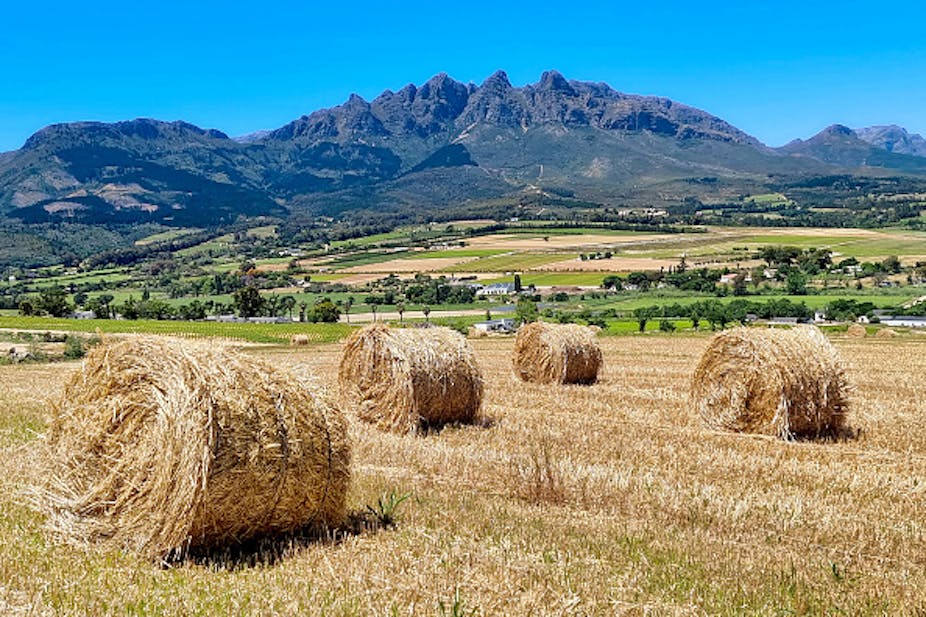Descubra histórias ocultas e vozes silenciadas sobre questões de governaça da terra no mundo. É aqui que a comunidade do Land Portal partilha atividades, experiências, desafios e sucessos.
Issues
Geographical focus
Foto: Felipe Warnack/Creative Commons
No último 25 de maio, o novo Código Florestal (CF) completou dez anos [1]. Uma das principais contribuições deste marco regulatório foi a implementação de um novo instrumento de regulamentação do acesso e uso da terra dos proprietários rurais: o Cadastro Ambiental Rural (CAR). De acordo com o novo CF, o CAR deveria ser instituído pelos estados, em parceria com o Governo Federal, desenhando os passos até a recomposição das áreas desmatadas ilegalmente em propriedades privadas.
As regras que governam o direito de propriedade da terra – os direitos, limites e deveres – variam entre sociedades e também no tempo, além de influenciarem as práticas e escolhas relacionadas ao uso da terra. No Brasil, a insegurança fundiária representa um grande problema para políticas públicas (tanto urbanas como rurais), sendo mais intenso no bioma Amazônico e nas franjas de expansão do Cerrado.
No dia 20 de maio foi publicado pelo Governo Federal o Decreto no 11.075 de 2022 que regulamenta as regras do mercado de carbono no país, estabelece procedimentos para a elaboração de planos setoriais de mitigação das mudanças climáticas para diversos setores da economia e também institui o Sistema Nacional de Redução de Emissões de Gases de Efeito Estufa (Sinare).
Just like many African countries, a majority of Zambian tribes follow a matrilineal system, that is, an affinity system in which descent is derived through maternal instead of paternal lines which essentially means children are recognised by the names or family of their mothers. This does not only affect decent but also involves the inheritance of titles and property including land through the female line. One might ask why women have less access and control of land in Zambia when land and property is inherited through maternal lines.
South Africa needs to move away from siloed and passive approaches toward water management and adopt more proactive, robust and integrated approaches.
Apopular phrase in a time of crisis is “it never rains, but it pours”. This is usually a figurative expression referring to the overwhelming sense of chaos at a given time. South Africa is a country which has not been spared from economic, social and political chaos over the past few months, and the phrase has now taken on a literal meaning.
Traditional leaders assign land giving little consideration to spatial planning for long-term, sustainable settlement. People are settled in places unsuitable for human habitation. And climate change will bring added volatility and exposure.
This op-ed by Katlego Ramantsina, a researcher at the Institute for Poverty, Land and Agrarian Studies first appeared in the Daily Maverick
Developing land tenure legislation is a difficult job to get right — especially given the legacy of intractable problems inherited from apartheid. The Gauteng consultation did not seem genuine: it lasted only three hours.
This article by Wandile Sihlobo was first published in The Conversation

Ido Lekota is a former Sowetan political editor.
Agriculture, Land Reform and Rural Development Minister Thoko Didiza tabled a R17, 3 billion budget in the past week to help support food security in the country.
Didiza said the money will be distributed through a range of programmes, including the commercialisation of black farmers through land development support.
"If you look at the R17.3bn of our budget, the majority of that is transferred to provinces dealing with food security," she said.
O milho é uma cultura global fundamental, produzida em todos os continentes, exceto na Antártica. Como uma cultura flexível, tem múltiplos usos, inclusive para consumo humano direto, como ingrediente para ração animal, como componente chave em alimentos processados ou na produção de etanol. De acordo com dados do FAOSTAT, a produção global aumentou de 0,2 para 1,2 bilhões de toneladas entre 1961 e 2020.
Nick Vink and Johann Kirsten
Most countries in both the rich and the developing world have some sort of programme to help early career farmers (mostly, but not exclusively young people) to get established in a farming or agribusiness enterprise. South Africa sticks out like a sore thumb, even against many African countries, in not having such a programme.
In our view, subsidies for black farmers in South Africa are justified. This is because they would help deliver a more inclusive agricultural sector and correct past racial biases.
This blog was written by Anna Schreiber and originally posted through Land for Life at https://land-for-life.org/10-years-of-vggt-time-to-take-stock/


